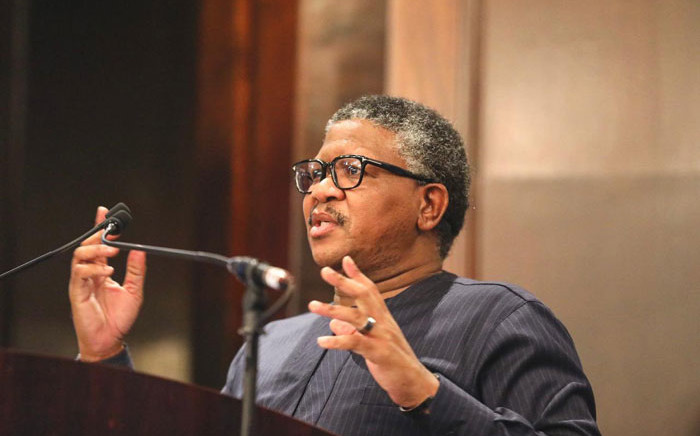THE Department of Transport plans to introduce a new ‘taxi subsidy’ as part of a broader focus on making transport more accessible in South Africa, says Transport minister Fikile Mbalula.
Answering in a written parliamentary Q&A, Mbalula said that before this subsidy is introduced, the wider taxi industry will need to take steps towards formalisation.
“The department is finalising the development of a public transport subsidy policy that seeks to locate subsidisation of the taxi industry within the wider, multimodal subsidy policy as part of the public transport funding reforms,” he said.
“A number of different subsidy models are being explored for the taxi industry. The draft policy discussion document is now being consulted with key stakeholders.”
“Globally, direct public transport subsidy applies exclusively to formalised public transport services. Therefore, subsidisation of the taxi industry is dependent on the formalisation of the sector, and this is proving to be a major challenge,” he said.
Formalisation
Data published by SA Taxi owner, Transaction Capital showed that South Africa has 250,000 taxis operating nationally in 2020.
These taxis are primarily in Gauteng (30%) and Kwa Zulu-Natal (21%), and each minibus averages 6,000km per month, or 72,000km a year.
While taxis remain a ubiquitous form of transport for many South Africans, they have also developed a reputation for rule-breaking, with the formalisation of the industry a difficult task given the size of the industry and the regulations that will need to be followed.
Most recently, the National Taxi Association (NTA) said that it would disobey South Africa’s new Administrative Adjudication of Road Traffic Offences (Aarto) and the country’s new demerit system.
It said the taxi industry does not have the resources to comply with the new system, which will require it to vet its drivers.
The association said that the system was a disaster for taxi owners, who could lose their licences should their drivers receive demerits for offences on the road.
Questions have also been raised about the tax paid by owners and operators. Former finance minister Tito Mboweni said that SARS collected approximately R5 million in Corporate Income Tax (CIT) from taxi operators in 2020. However, this amount includes tax collected from their employment income, he said.
“This is because the industry does not correctly disclose income from taxi business on their CIT returns but included under a generic income source code. We were not able to determine income solely from taxi operations.
“Our analysis indicates that the majority of the taxi industry is declaring a nil return or are having a refund due to them.”
Mboweni said that SARS is concerned about tax avoidance across the tax ecosystem in general – with the taxi industry seen as a point of contention. To this end, SARS is adopting several targeted interventions.
He added that SARS has a unit dedicated to improving compliance of SMMEs, which includes the taxi industry.
“We had various engagements with the industry bodies in the year 2020/21 to create alignment as well as to educate. Furthermore, SARS has worked in collaboration with the Department of Transport to share data on work on their taxi industry transformation agenda.”
- Business Tech



